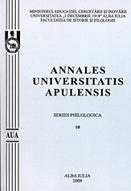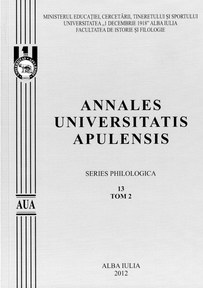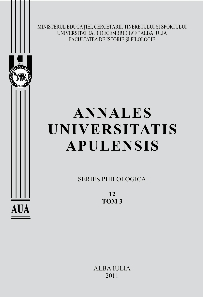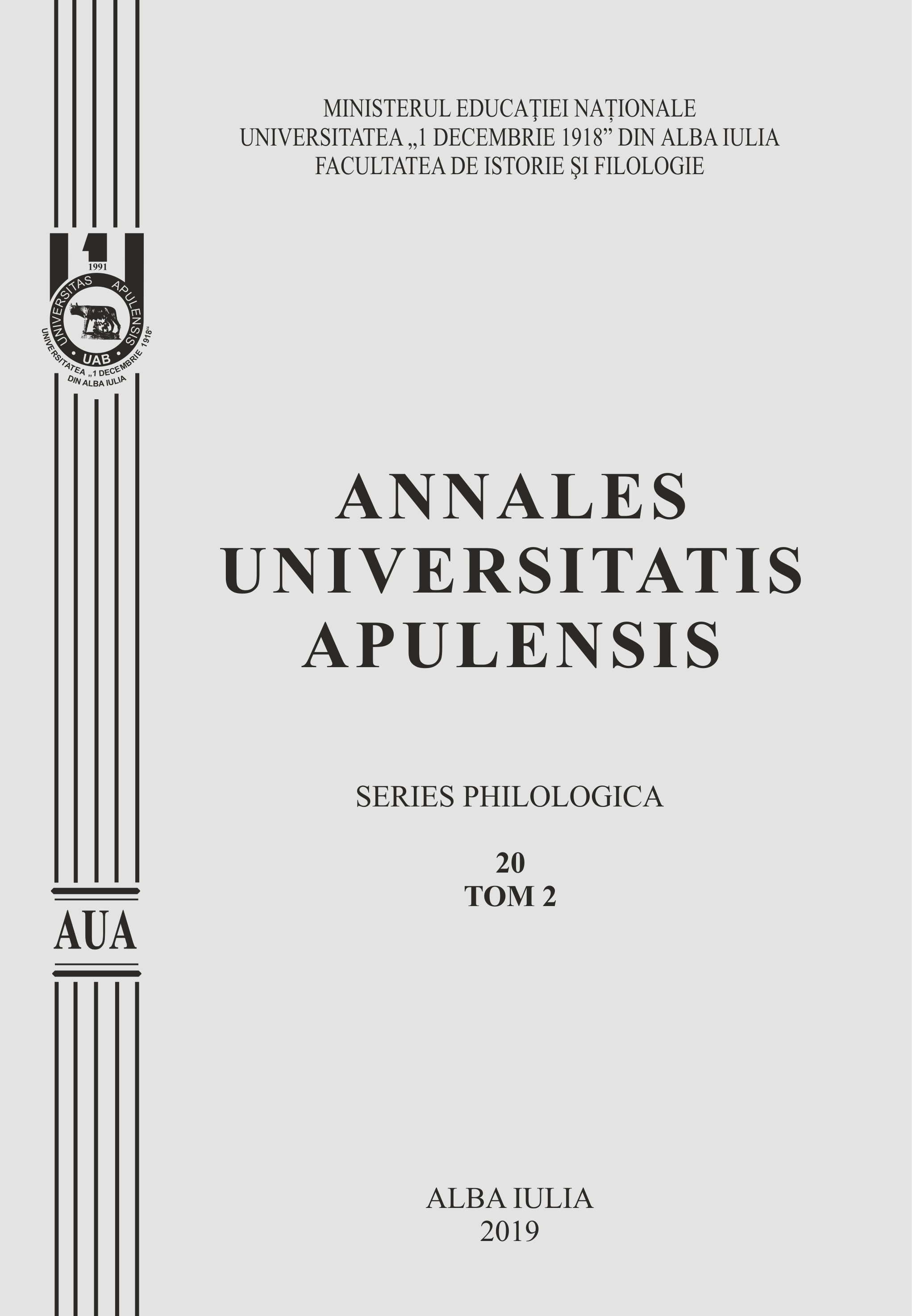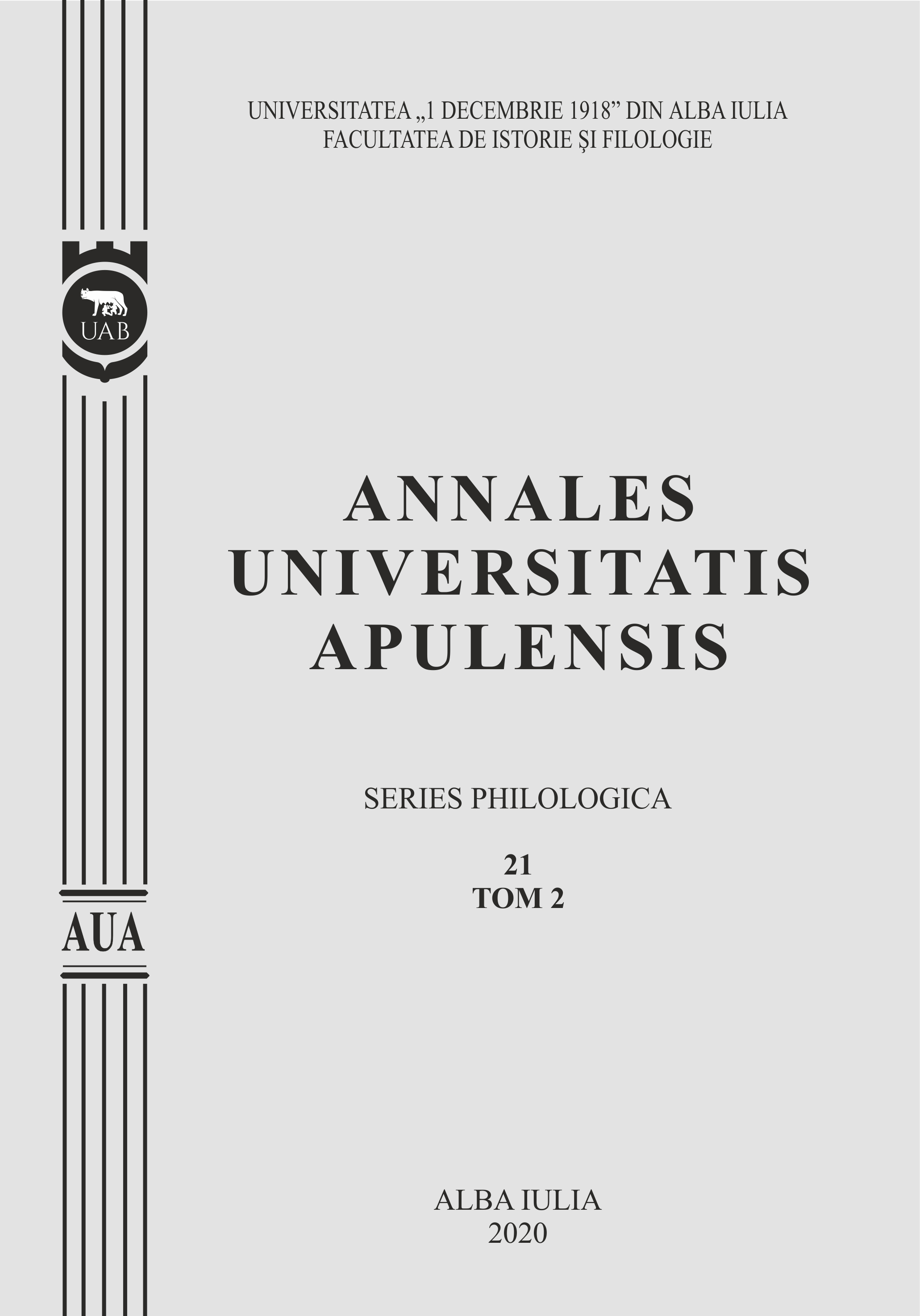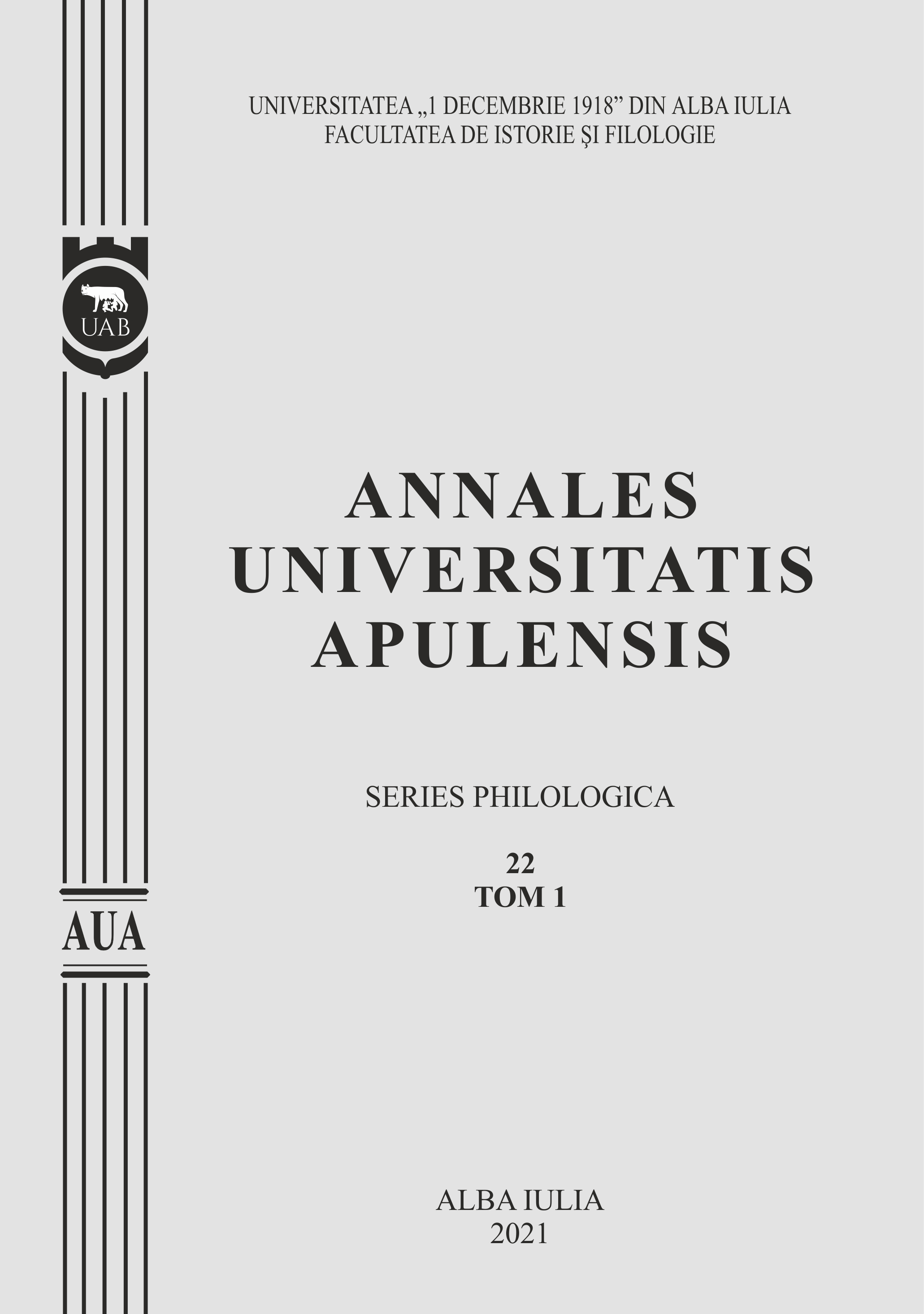IMAGINARUL CULTURAL AL PĂSĂRII MĂIESTRE
Author(s): Iuliana Marilena Tarcă / Language(s): Romanian
/ Issue: 2/2020
Keywords: bird; aphorism; imaginary; folklore; fairy tale; mythology;
This study aims to highlight the most important aspects regarding how the cultural concept of „The Majestic Bird” transcends various fields, such as literature, sculpture, art and folklore. It will not be considered a delimitation of them, but, on the contrary, a spacing, to reflect the substantiality of the entire cultural imaginary of which the concept has. The present approach involved not only the analysis of the „Masterpiece” artwork, but also the inventory of the sources of inspiration that were the basis for creating and perpetuating the concept in different fields.Probably the first thought of each of us when we hear about „The Majestic Bird” is to make an immediate connection to the romanian sculptor Constantin Brâncuși. This is an explainable fact, because the artist uses this symbol to create a work art. But, we also refer in this study to the romanian fairy tale of the folklorist Petre Ispirescu, entitled in the same way, „The Majestic Bird”, and at the poetry of Lucian Blaga, „The Holy Bird”. If Constantin Brâncuși is the one who created in sculpture the „new road”, Lucian Blaga is the „roadblock” in Brancusi's work, by the meaning given to „Master”, which he associates with the construction of an „old cathedral”. We will find out later that it is a good connection between this aspects and those of the passage away into the world beyond, as a romanian symbol, the representation of the „soul bird”. So, the image of the „bird” reflects a unitary relationship between abstract and concrete, between mythic and sacred. In other words, the bird from fairy tale and the one from poetry, reflect the flight without end, not a physical, but a spiritual one. The symbol of „The Majestic Bird” is an decorative element on the oltenian bark, with a connection with Brâncuși’s work.If the birds as decorative pieces reflect the beauty, so they have a special status on the bark, they are also primordial, central elements, and in this way they can converge towards the Brâncuși’s work. The artist chosed the „birds” as a central symbol of his works, whose flight leads us to the only reality that constitutes the essence of reality. So, Brâncuși remains a topic that each of us is aware of through the contribution he has made to the entire romanian cultural heritage.
More...

